October 3 stands as one of history’s most eventful days, witnessing the rise and fall of empires, groundbreaking discoveries, and moments that shaped our modern world across centuries of human achievement.

Politics and Government Events on October 3
1990 – German Democratic Republic Abolished and Unified
The German Democratic Republic officially ceased to exist as it became part of the Federal Republic of Germany. This historic reunification ended decades of division between East and West Germany.
The event marked the peaceful conclusion of the Cold War’s most visible symbol. Germans celebrated throughout the nation as families separated for generations could finally reunite.
1918 – Tsar Boris III Accedes to Bulgarian Throne
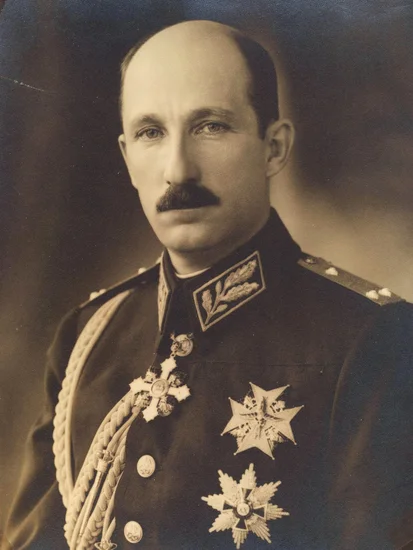
Boris III ascended to the Bulgarian throne following his father’s abdication during World War I. The young monarch inherited a nation devastated by military defeat and political turmoil.
His reign would span the tumultuous interwar period and World War II. Boris III would later play a crucial role in protecting Bulgaria’s Jewish population from Nazi persecution.
1929 – Yugoslavia Officially Named
King Alexander I officially renamed the Kingdom of Serbs, Croats and Slovenes to Yugoslavia. This decision reflected his vision of creating a unified South Slavic state.
The name change represented an attempt to forge a single national identity. However, ethnic tensions would continue to challenge the kingdom’s stability throughout its existence.
1932 – Iraq Gains Independence
The Kingdom of Iraq achieved full independence from the United Kingdom after years of British mandate rule. This milestone marked the end of colonial administration in the region.
The newly sovereign nation faced immediate challenges in establishing stable governance. Iraq’s independence opened a new chapter in Middle Eastern politics and oil diplomacy.
1963 – Honduras Military Coup Begins
A violent military coup in Honduras initiated two decades of authoritarian rule. The overthrow of civilian government marked a dark period in the nation’s democratic development.
Military leaders justified their actions by citing political instability and economic challenges. The coup would establish a pattern of military intervention that plagued Central American politics for generations.
1989 – Panama Coup Attempt Suppressed
A military coup attempt in Panama City was violently suppressed by government forces. Eleven participants were executed following the failed uprising against General Noriega’s regime.
The brutal response demonstrated the lengths to which the military government would go to maintain power. This event heightened tensions between Panama and the United States.
1995 – O.J. Simpson Acquitted

O.J. Simpson was acquitted of the murders of Nicole Brown Simpson and Ronald Goldman in a verdict that captivated America. The trial exposed deep racial divisions in American society.
The acquittal sparked celebrations in some communities and outrage in others. This case fundamentally changed how Americans viewed the criminal justice system and media coverage of trials.
2008 – Emergency Economic Stabilization Act Signed
President George W. Bush signed the Emergency Economic Stabilization Act to address the financial crisis. The legislation authorized $700 billion to purchase troubled assets from financial institutions.
The act represented the largest government intervention in financial markets since the Great Depression. This emergency measure aimed to prevent a complete collapse of the American banking system.
Military and Naval History on October 3
1935 – Italy Invades Ethiopia
Mussolini’s fascist Italy launched a full-scale invasion of Ethiopia, beginning the Second Italo-Abyssinian War. Italian forces used modern military technology against Emperor Haile Selassie’s traditional army.
The invasion marked a crucial step toward World War II in Africa. Italy’s aggression tested the League of Nations’ ability to maintain international peace and security.
1942 – German V-2 Rocket Reaches Record Altitude
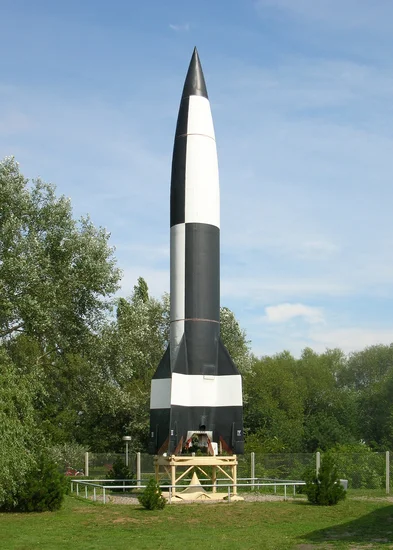
A German V-2 rocket achieved a record-breaking altitude of 85 kilometers during testing. This milestone demonstrated the rocket’s potential for both military and scientific applications.
The achievement represented a significant advancement in rocket technology. German engineers were unknowingly laying the groundwork for the future space age.
1943 – German Forces Murder Civilians in Greece
German occupation forces systematically murdered 92 civilians in Lingiades, Greece. This atrocity was part of Nazi reprisal operations against Greek resistance activities.
The massacre demonstrated the brutal nature of German occupation policies. Such war crimes would later be documented during post-war trials and investigations.
1951 – First Battle of Maryang San
Commonwealth forces engaged Chinese communist troops in the First Battle of Maryang San during the Korean War. The engagement marked a significant escalation in the conflict.
The battle demonstrated the increasing involvement of Chinese forces in Korean operations. Commonwealth troops faced determined resistance from well-equipped Chinese units.
1912 – U.S. Forces Defeat Nicaraguan Rebels
American military forces defeated Nicaraguan rebels at the Battle of Coyotepe Hill. The victory demonstrated U.S. commitment to protecting its interests in Central America.
The battle was part of ongoing American intervention in Nicaraguan politics. U.S. forces used superior firepower and tactics to overcome rebel resistance.
1993 – American Attack in Mogadishu Fails
An American military operation against a warlord in Mogadishu ended in disaster. Eighteen U.S. soldiers and over 350 Somalis died in the failed mission.
The battle became known as “Black Hawk Down” after two helicopters were shot down. This tragedy led to significant changes in American foreign policy regarding humanitarian interventions.
2015 – Kunduz Hospital Airstrike

A devastating airstrike hit a hospital in Kunduz, Afghanistan, killing 42 people and leaving 33 missing. The attack sparked international condemnation and investigations.
The incident highlighted the dangers faced by medical personnel in conflict zones. International humanitarian organizations demanded accountability for the tragic loss of civilian lives.
Science and Discovery Milestones on October 3
1952 – United Kingdom Tests Nuclear Weapon

The United Kingdom successfully detonated its first nuclear weapon in the Montebello Islands, Western Australia. This test made Britain the world’s third nuclear power after the United States and Soviet Union.
The operation, codenamed “Hurricane,” demonstrated Britain’s independent nuclear capability. The test marked a significant milestone in the Cold War nuclear arms race.
1962 – Astronaut Wally Schirra Launches
NASA astronaut Wally Schirra launched aboard Sigma 7 from Cape Canaveral for a six-orbit mission. The Mercury program flight demonstrated American progress in space exploration.
Schirra’s mission provided valuable data about spacecraft performance and human endurance in space. The successful flight brought America closer to achieving President Kennedy’s lunar landing goal.
1985 – Space Shuttle Atlantis Maiden Flight

The Space Shuttle Atlantis completed its maiden flight, carrying two DSCS-III satellites on mission STS-51-J. The successful launch added another operational orbiter to NASA’s fleet.
Atlantis would go on to complete 33 missions over its service life. The shuttle played a crucial role in building the International Space Station and conducting scientific research.
1986 – TASCC Superconducting Cyclotron Opens
The TASCC superconducting cyclotron at Chalk River Laboratories in Canada was officially opened. This advanced particle accelerator enabled groundbreaking nuclear physics research.
The facility represented a major investment in Canadian scientific infrastructure. TASCC would contribute to important discoveries in nuclear structure and reaction mechanisms.
2022 – Svante Pääbo Awarded Nobel Prize

Svante Pääbo received the Nobel Prize in Physiology or Medicine for his discoveries concerning the genomes of extinct hominins. His work revolutionized our understanding of human evolution.
Pääbo’s research enabled the sequencing of Neanderthal DNA and discovery of Denisovans. His findings revealed that modern humans carry genetic material from these extinct relatives.
Cultural and Arts Events on October 3
1957 – Howl Ruled Not Obscene
The California State Superior Court ruled that Allen Ginsberg’s “Howl and Other Poems” was not obscene. This landmark decision protected artistic expression and free speech rights.
The ruling represented a victory for the Beat Generation and literary freedom. The court’s decision helped establish important precedents for protecting controversial artistic works.
1991 – Nadine Gordimer Wins Nobel Prize
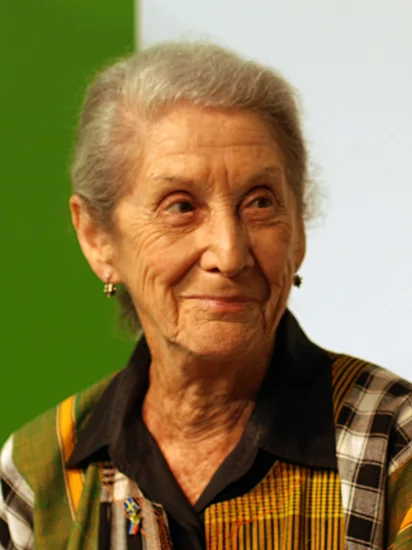
South African author Nadine Gordimer was announced as the winner of the Nobel Prize in Literature. Her powerful writing exposed the harsh realities of apartheid to international audiences.
Gordimer’s work courageously challenged racial oppression and social injustice. Her literary achievements helped focus world attention on South Africa’s struggle for equality.
2024 – Classical Language Status Granted
The Government of India accorded Classical language status to Bengali, Assamese, Marathi, Pali and Prakrit. This recognition honored the rich literary and cultural heritage of these languages.
The designation acknowledges the historical importance and literary achievements of these linguistic traditions. This decision will help preserve and promote these ancient languages for future generations.
Religious and Social Events on October 3
1981 – Northern Ireland Hunger Strike Ends
The hunger strike at the Maze Prison in Northern Ireland finally ended after seven months and ten deaths. The protest had sought political prisoner status for republican inmates.
The strike deeply divided public opinion and escalated tensions in Northern Ireland. The tragic deaths of hunger strikers became symbols of republican resistance and sacrifice.
2013 – Lampedusa Migrant Boat Disaster
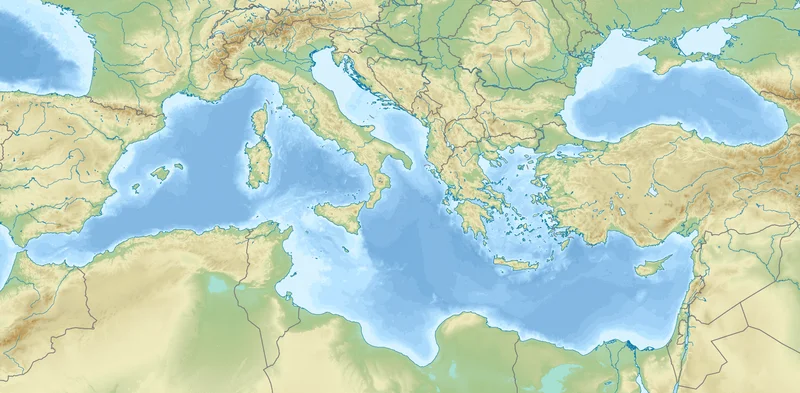
At least 360 migrants perished when their boat sank near the Italian island of Lampedusa. The tragedy highlighted the dangerous conditions faced by refugees crossing the Mediterranean.
The disaster prompted renewed debate about European immigration policies and border security. International organizations called for increased efforts to protect vulnerable migrants and refugees.
2009 – Turkic Council Formed
Azerbaijan, Kazakhstan, Kyrgyzstan, and Turkey joined together to form the Turkic Council. This organization aimed to strengthen cultural and economic ties between Turkic-speaking nations.
The council promotes cooperation in education, science, and trade among member states. This initiative reflects growing regional integration and shared cultural identity.
Business and Economic Events on October 3
1946 – American Overseas Airlines Crash
An American Overseas Airlines Douglas DC-4 crashed near Ernest Harmon Air Force Base in Newfoundland, killing 39 people. The disaster prompted investigations into aviation safety procedures.
The crash highlighted the dangers of early commercial aviation. Airlines implemented improved safety protocols and navigation systems following the investigation.
1999 – Sony Co-founder Akio Morita Dies
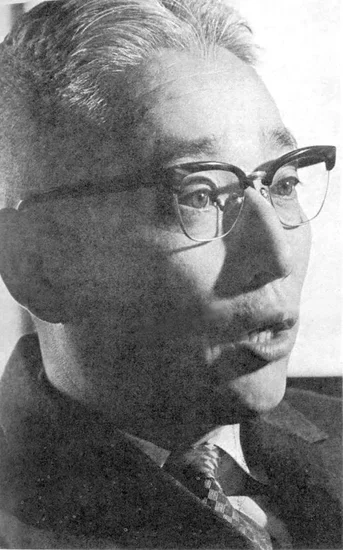
Akio Morita, co-founder of Sony Corporation, passed away at age 78. He had revolutionized consumer electronics and helped establish Japan as a global technology leader.
Morita’s vision transformed Sony from a small radio repair shop into a multinational corporation. His innovations in portable music players and televisions changed how people experienced entertainment.
2021 – Milan Airplane Crash

Eight people were killed when a small airplane crashed near Milan, Italy. The accident involved a private aircraft and raised questions about aviation safety regulations.
The crash occurred in a residential area, prompting concerns about flight paths over populated regions. Italian authorities launched immediate investigations into the cause of the accident.
Transportation and Infrastructure on October 3
1949 – WERD Radio Station Opens
WERD became the first black-owned radio station in the United States when it began broadcasting in Atlanta. This milestone represented a significant breakthrough in media representation.
The station provided a platform for African American voices and perspectives. WERD’s success paved the way for increased diversity in American broadcasting and media ownership.
1919 – Cincinnati Reds World Series Appearance
Cincinnati Reds pitcher Adolfo Luque became the first Latin American player to appear in a World Series game. His participation broke important barriers in professional baseball.
Luque’s achievement opened doors for future Latin American players in Major League Baseball. His success demonstrated the talent and potential of international players in American sports.
Sports and Recreation on October 3
2024 – Cid Moreira Dies
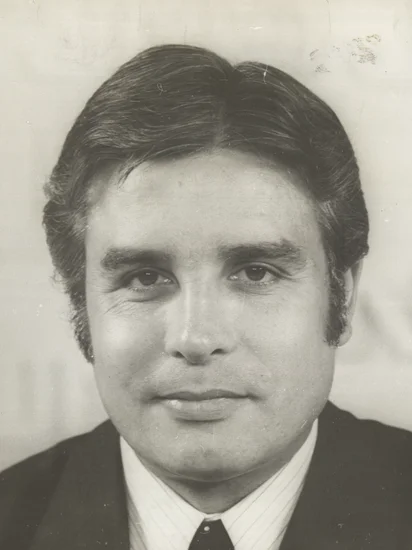
Brazilian journalist and television anchor Cid Moreira passed away at age 97. He had been a beloved figure in Brazilian media for decades.
Moreira’s distinctive voice and professional demeanor made him a trusted news presenter. His career spanned the golden age of Brazilian television journalism.
1969 – Skip James Dies
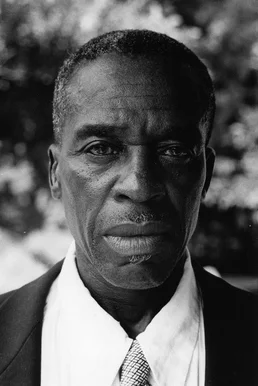
Blues musician Skip James died at age 67, leaving behind a legacy of influential Delta blues recordings. His unique guitar style and haunting vocals inspired countless musicians.
James experienced a career revival during the 1960s folk blues revival. His rediscovery introduced his music to new generations of listeners and performers.
1967 – Woody Guthrie Dies
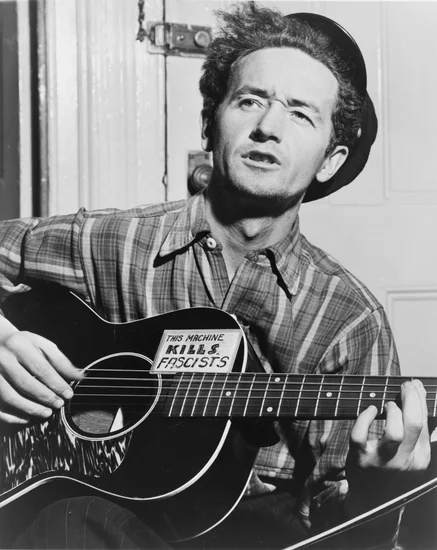
Folk music legend Woody Guthrie passed away at age 55 after a long battle with Huntington’s disease. His songs captured the struggles and hopes of working-class Americans.
Guthrie’s music became anthems for social justice and labor movements. His influence on American folk music and protest songs continues to this day.
Notable Births on October 3
1925 – Gore Vidal Born
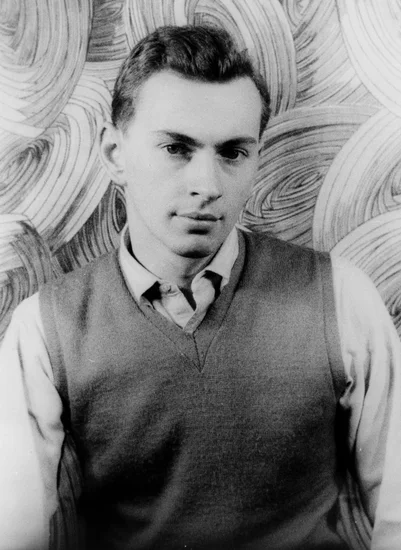
American novelist and critic Gore Vidal was born in West Point, New York. His aristocratic background provided him with unique insights into American politics and society.
Vidal would become one of America’s most provocative and influential writers. His novels and essays challenged conventional thinking about history, politics, and sexuality.
1954 – Stevie Ray Vaughan Born

Blues guitarist Stevie Ray Vaughan was born in Dallas, Texas. His childhood was shaped by the rich musical culture of the American South.
Vaughan would revolutionize blues guitar playing in the 1980s. His virtuosic technique and passionate performances inspired a new generation of blues musicians.
1969 – Gwen Stefani Born

Singer and fashion designer Gwen Stefani was born in Fullerton, California. Her early exposure to music and performance arts shaped her creative development.
Stefani would achieve success as both a band member and solo artist. Her innovative style and business ventures made her a cultural icon and entrepreneur.
1973 – Neve Campbell Born
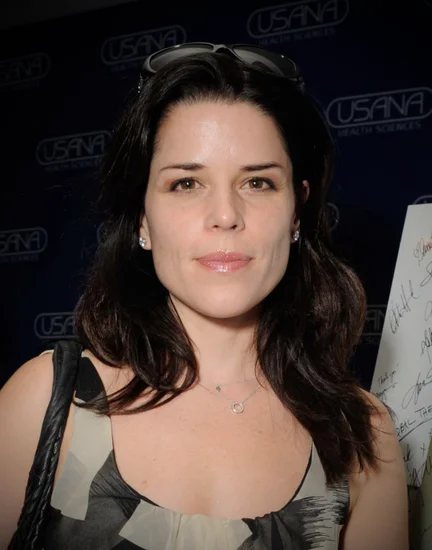
Canadian actress Neve Campbell was born in Guelph, Ontario. Her early training in ballet and theater prepared her for a successful acting career.
Campbell would become famous for her roles in horror films and television dramas. Her performances helped redefine the “final girl” archetype in cinema.
1981 – Zlatan Ibrahimović Born
Swedish footballer Zlatan Ibrahimović was born in Malmö, Sweden. His multicultural background and natural athleticism shaped his unique playing style.
Ibrahimović would become one of the world’s most skilled and controversial soccer players. His career spanned multiple countries and established him as a global sports icon.
1988 – Alicia Vikander Born

Swedish actress Alicia Vikander was born in Gothenburg, Sweden. Her early training in ballet and theater arts provided a foundation for her acting career.
Vikander would win an Academy Award for her supporting role in “The Danish Girl.” Her versatility and talent established her as one of Europe’s leading actresses.
1938 – Eddie Cochran Born
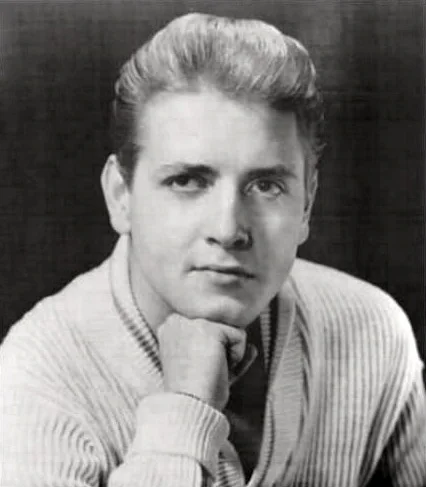
Rock and roll pioneer Eddie Cochran was born in Albert Lea, Minnesota. His family’s musical background influenced his early interest in guitar and songwriting.
Cochran would become one of the most influential early rock musicians. His innovative guitar techniques and energetic performances helped define the genre’s sound.
1941 – Chubby Checker Born

Dance sensation Chubby Checker was born in Spring Gully, South Carolina. His natural rhythm and charismatic personality made him a perfect entertainer.
Checker would popularize “The Twist” and become a dance music icon. His performances helped break down racial barriers in popular music and entertainment.
1928 – Steve Reich Born

Minimalist composer Steve Reich was born in New York City. His early exposure to diverse musical traditions shaped his innovative compositional approach.
Reich would become one of the most influential contemporary classical composers. His repetitive structures and rhythmic patterns revolutionized modern music composition.
1916 – James Herriot Born
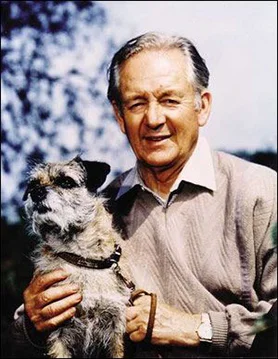
Veterinarian and author James Herriot was born in Sunderland, England. His love of animals and storytelling would eventually combine into a successful writing career.
Herriot’s books about his veterinary practice in Yorkshire became international bestsellers. His warm, humorous stories celebrated rural life and the human-animal bond.
Notable Deaths on October 3
1929 – Gustav Stresemann Dies
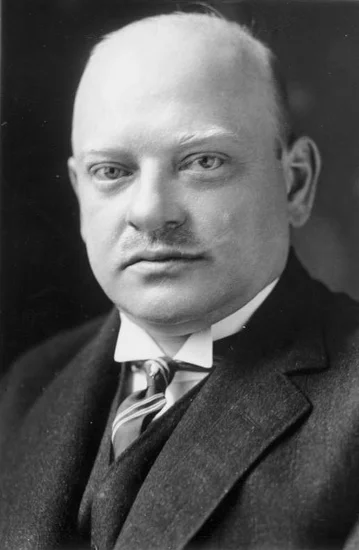
German politician and Nobel Prize laureate Gustav Stresemann passed away at age 51. He had served as Chancellor of Germany during the tumultuous Weimar period.
Stresemann’s diplomatic efforts helped stabilize post-World War I Europe. His work on international reconciliation earned him the Nobel Peace Prize in 1926.
1967 – Malcolm Sargent Dies
English conductor Malcolm Sargent passed away at age 72. He had been one of Britain’s most celebrated orchestral conductors and music educators.
Sargent’s interpretations of British composers brought their works to international audiences. His passionate conducting style and dedication to music education left a lasting legacy.
2004 – Janet Leigh Dies

American actress Janet Leigh passed away at age 77. She had been a major Hollywood star during the 1950s and 1960s.
Leigh’s performance in Alfred Hitchcock’s “Psycho” became legendary in cinema history. Her shower scene remains one of the most iconic moments in film.
2005 – Ronnie Barker Dies

British comedian Ronnie Barker passed away at age 76. He had been half of the comedy duo “The Two Ronnies” and starred in popular sitcoms.
Barker’s wordplay and character work made him a beloved figure in British comedy. His sketches and performances continue to entertain audiences worldwide.
1936 – John Heisman Dies
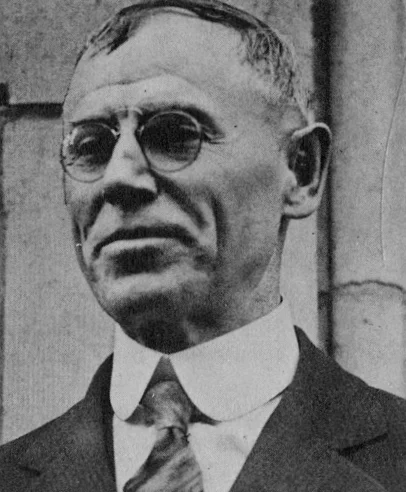
American football coach John Heisman passed away at age 66. He had revolutionized college football through innovative coaching techniques and rule changes.
Heisman’s contributions to football strategy and player development were groundbreaking. The prestigious Heisman Trophy was named in his honor.
1931 – Carl Nielsen Dies
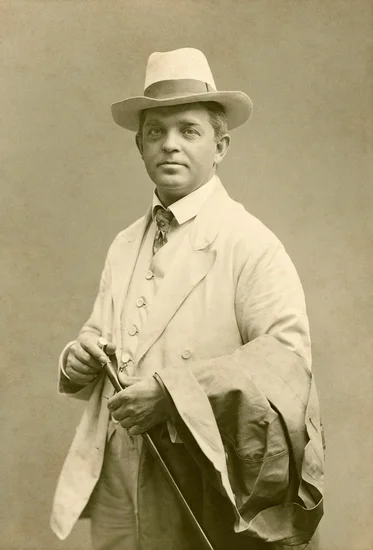
Danish composer Carl Nielsen passed away at age 66. He had been one of Scandinavia’s most important classical composers and conductors.
Nielsen’s symphonies and operas combined traditional Danish folk music with modern compositional techniques. His works remain central to the Danish musical repertoire.
1998 – Roddy McDowall Dies
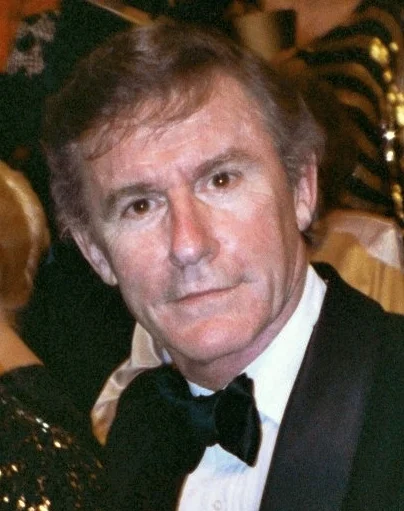
English-American actor Roddy McDowall passed away at age 70. He had been a child star who successfully transitioned to adult roles.
McDowall’s performances in “Planet of the Apes” and other films made him a science fiction icon. His versatility and professionalism earned him respect throughout Hollywood.
2000 – Benjamin Orr Dies

American musician Benjamin Orr passed away at age 53. He had been the bassist and co-lead vocalist for the rock band The Cars.
Orr’s distinctive voice and bass playing were essential to The Cars’ success. His contributions to new wave and rock music influenced countless musicians.
1979 – Nicos Poulantzas Dies
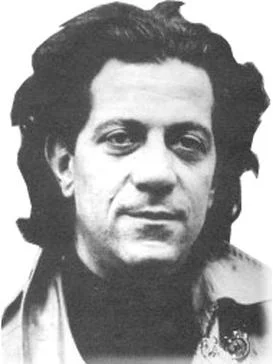
Greek-French sociologist Nicos Poulantzas passed away at age 43. He had been a prominent Marxist theorist and political philosopher.
Poulantzas’s work on state theory and class analysis influenced academic and political thought. His writings on capitalism and democracy remain influential in sociology and political science.
1953 – Arnold Bax Dies
English composer Arnold Bax passed away at age 69. He had been one of Britain’s leading composers during the early 20th century.
Bax’s romantic style and Celtic influences created a distinctive musical voice. His symphonies and tone poems captured the beauty of British landscapes and literature.
Holidays and Observances on October 3
German Unity Day

Germany celebrates German Unity Day as a national holiday commemorating the reunification of East and West Germany in 1990. The day marks the end of decades of division following World War II.
Citizens throughout Germany participate in festivals and ceremonies celebrating their shared national identity. The holiday represents hope for peaceful resolution of international conflicts and the power of democratic movements.
National Foundation Day (South Korea)

South Korea observes Gaecheonjeol, or National Foundation Day, celebrating the legendary founding of the Korean nation. The holiday honors the mythical descent of Hwanung from heaven in 2457 BC.
Traditional ceremonies and cultural performances mark this important national celebration. The day reinforces Korean cultural identity and the nation’s ancient historical roots.
Iraqi National Day
Iraq celebrates its National Day commemorating independence from the United Kingdom in 1932. The holiday marks the end of British mandate rule and the establishment of Iraqi sovereignty.
National celebrations include parades and cultural events throughout the country. The day represents Iraq’s struggle for independence and self-determination in the modern Middle East.
3 October Festival (Leiden, Netherlands)

The Dutch city of Leiden celebrates the 3 October Festival commemorating the lifting of the Spanish siege in 1574. Local residents enjoy traditional foods and historical reenactments.
The festival includes hutspot (carrot and onion stew) and herring, foods that sustained the city during the siege. This celebration represents Dutch resistance to foreign occupation and the importance of local identity.
Morazán Day (Honduras)
Honduras observes Morazán Day honoring Francisco Morazán, the 19th-century Central American leader. The holiday celebrates his efforts to unite Central America under a single federation.
Educational programs and civic ceremonies commemorate Morazán’s vision of regional unity. The day reflects Honduras’s role in Central American history and the dream of regional cooperation.
